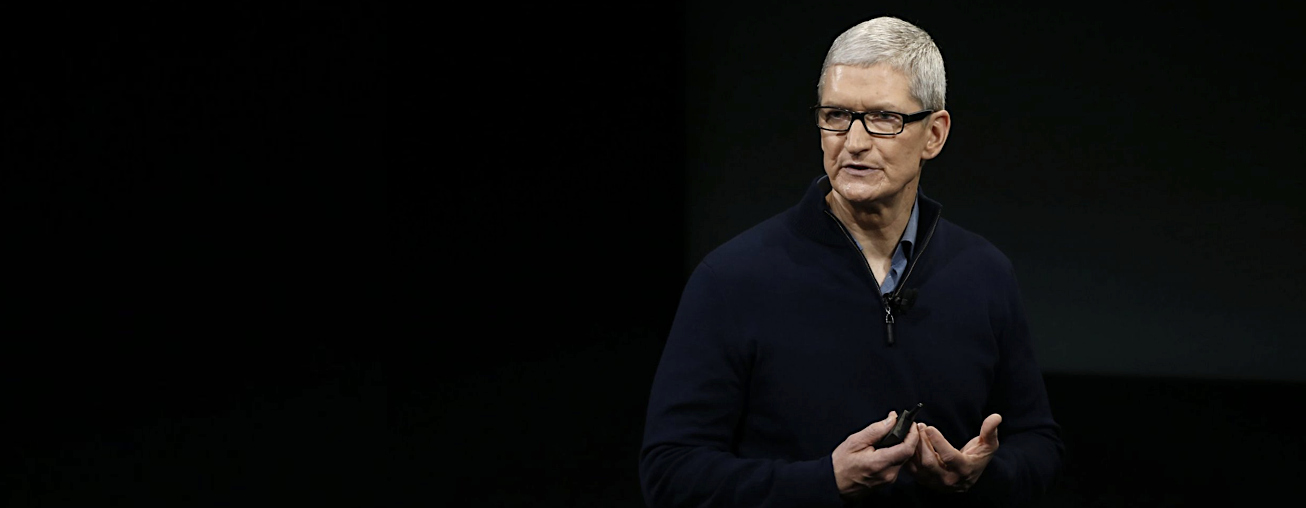Tim Cook knows that the art of diplomacy is letting someone else have it your way.
Recently, Elon Musk declared war on Apple over App Store fees and content moderation. In 2021, the company faced similar pressure in a case against Epic Games which landed in Apple’s favor for 9 of the 10 counts. The more recent case of Musk v. Apple took place in the court of public opinion—an arena where Musk excels. It looked like Musk and Cook were on a collision course, with Apple having more to lose than a Twitter account. In the end, Cook put on a masterclass in crisis management which appears to have won over Elon and cooled tensions between the two companies.
What was at stake?
For Twitter: There is little at stake. Musk suggested that Apple considered banning the Twitter app on the App Store. About half of US-based Twitter users are on the iPhone, so a ban would be a significant headwind for Twitter’s business. The reality is that risk was viable since Apple was not considering a Twitter ban.
For Apple: There was more at stake. Musk’s influence now reaches into Washington, a city that big tech wants to avoid. Over the past two years, the largest US tech companies have been summoned by Capital Hill to answer questions about anticompetitive behavior. While little has come out of those hearings so far, the threat of Congress breaking up some of these companies still lingers. Musk declaring war on Apple could act as the catalyst that brings Apple back into the bullseye of government regulation.
Cook has been here before
I’ve watched Tim Cook navigate crises over the past decade. Some more notable recent episodes include:
- 2016: Apple’s role in privacy is tested with the request to unlock San Bernardino shooter’s iPhone. Cook writes a letter to customers outlining his views on privacy.
- 2018 & 2019: Rising tariffs in China could be a pitfall for Apple products. Cook meets with President Donald Trump five times in a year to solidify a path were Apple is not subject to the tariffs.
- 2020: Pressure builds for Apple to impose changes to App Store pricing. Cook decides to lower the take rate for small developers.
- 2021: Covid restrictions in China highlight the geopolitical risk to Apple’s supply chain. Cook quickens the pace of moving manufacturing to outside of China.
- 2022: Musk declares war on Apple over App Store policies. Cook meets with Musk to ease the tensions.
Masterclass with Tim Cook
Cook’s ability to manage times of crisis is one of his superpowers. His playbook is simple: attack the problem and be flexible.
- Attack mode: In theory, it’s easy to say “move fast” to fix an issue. In practice, it’s hard because the first instinct of most is to avoid conflict. Embracing conflict to improve the odds of success has been in Cook’s DNA since he first rebuilt Apple’s operations from 2000-2010.
- Be flexible: I’ve observed Cook’s open-minded approach to negotiation. For example, early in 2018, when President Trump suggested that Apple products would be subject to rising tariffs, Cook met with the president and likely revealed that Apple was ready to accelerate its investment in the US. It was a win for President Trump and a win for Apple to avoid the tariff blacklist. In 2020, Cook read the room around developer frustration on App Store fees and quickly moved to reduce them for smaller developers. And, most recently, Cook’s meeting with Musk likely followed assurance that Twitter would safely remain in the App Store despite the lack of content moderation clarity on Twitter. What’s genius about Cook’s flexibility? All of the things he “gave” on were in the best interest of Apple.
